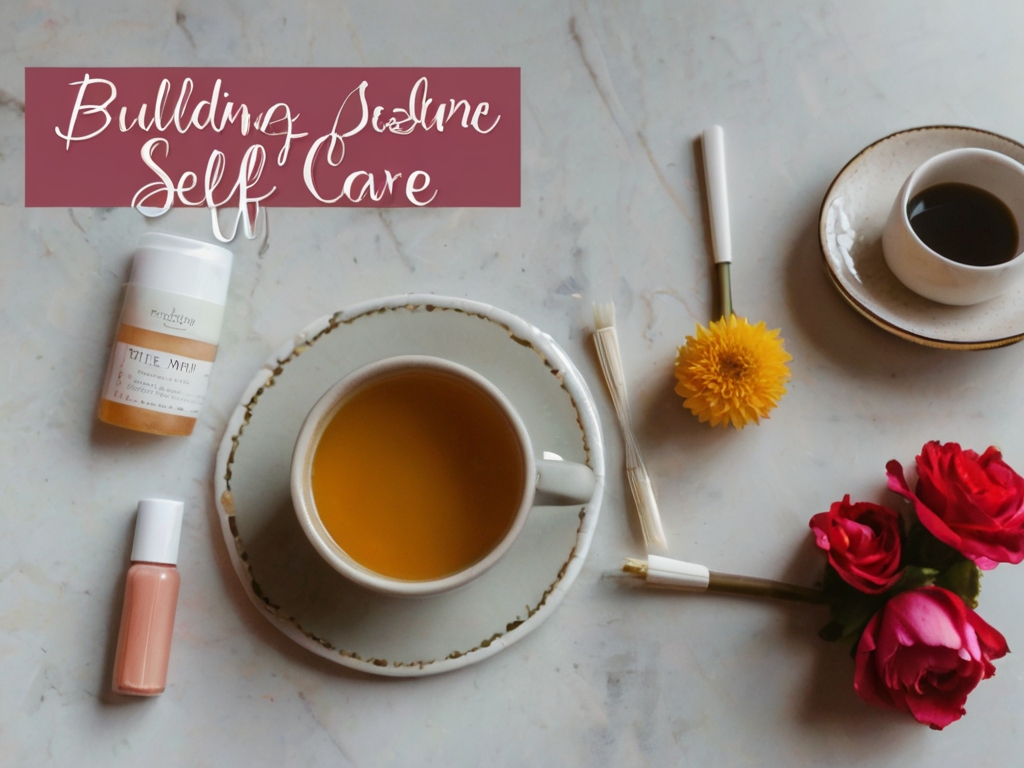Self-care has become an increasingly essential aspect of maintaining overall well-being in today’s fast-paced world. However, with the abundance of self-care practices available, it can sometimes be overwhelming to determine which ones are best suited for your specific needs. In this article, we’ll explore how you can identify the right self-care practices for you, ensuring that they align with your lifestyle, preferences, and overall health goals.
Introduction to Self-Care
Self-care encompasses a broad range of activities and practices designed to promote physical, mental, and emotional well-being. It involves taking deliberate actions to nurture and support oneself, both physically and emotionally. While the concept of self-care is simple, implementing effective self-care practices requires a deeper understanding of one’s individual needs and preferences.
Understanding Your Needs
Before embarking on your self-care journey, it’s essential to take the time to assess your needs comprehensively. This involves evaluating various aspects of your health and well-being, including your physical, mental, and emotional state.

Assessing Your Physical Health
Start by assessing your physical health and identifying any areas that may require attention or improvement. This could include addressing chronic health conditions, adopting healthier eating habits, getting regular exercise, and prioritizing adequate rest and relaxation.

Evaluating Your Mental Well-being
Next, take stock of your mental well-being and consider any stressors or challenges that may be impacting your overall mental health. This could involve practicing mindfulness and meditation, seeking therapy or counseling, and incorporating stress-reducing activities into your daily routine.
Considering Emotional Needs
Finally, consider your emotional needs and how you can better support yourself emotionally. This may involve cultivating healthy relationships, setting boundaries, practicing self-compassion, and engaging in activities that bring you joy and fulfillment.
Exploring Different Self-Care Practices
With a clearer understanding of your needs, you can begin exploring different self-care practices that align with your goals and preferences.
Physical Self-Care
Physical self-care practices focus on nurturing your body and promoting physical well-being. This may include activities such as regular exercise, healthy eating, adequate sleep, and relaxation techniques like yoga or massage.
Mental Self-Care
Mental self-care involves taking care of your cognitive and emotional well-being. This could include activities such as journaling, practicing mindfulness and meditation, engaging in hobbies or creative pursuits, and seeking therapy or counseling when needed.

Emotional Self-Care
Emotional self-care focuses on nurturing your emotional well-being and developing healthy coping mechanisms for managing stress and difficult emotions. This may involve spending time with loved ones, practicing self-compassion, setting boundaries, and engaging in activities that bring you joy and fulfillment.
Tailoring Self-Care Practices to Your Lifestyle
When choosing self-care practices, it’s essential to consider how they fit into your lifestyle and daily routine.

Considering Time Constraints
If you have a busy schedule, prioritize self-care practices that can be easily integrated into your daily routine, such as short meditation sessions, brief exercise breaks, or healthy meal planning.
Budget-Friendly Options
If you’re on a tight budget, look for self-care practices that are cost-effective and accessible, such as free meditation apps, online workout videos, or DIY spa treatments at home.
Compatibility with Daily Routine
Choose self-care practices that align with your preferences and interests, making it more likely that you’ll stick with them over the long term. Whether it’s going for a walk in nature, practicing a hobby you enjoy, or simply taking time to relax and unwind, find activities that resonate with you personally.
Seeking Professional Guidance
In some cases, it may be beneficial to seek professional guidance when determining which self-care practices are right for you.
Consulting Healthcare Providers
If you have specific health concerns or conditions, consult with healthcare providers, such as your primary care physician or a mental health professional, for personalized recommendations and guidance.
Therapy and Counseling
Therapy and counseling can also be valuable resources for exploring self-care strategies and developing coping skills for managing stress, anxiety, depression, or other mental health challenges.

Experimenting and Adapting
Finding the right self-care practices often involves a process of trial and error, experimentation, and adaptation.
Trying Different Practices
Be open to trying out different self-care practices to see what works best for you. Keep an open mind and be willing to experiment with new activities and techniques until you find what resonates with you.
Noticing Effects and Adjusting
Pay attention to how different self-care practices make you feel and how they impact your overall well-being. If something isn’t working for you or doesn’t feel right, don’t be afraid to make adjustments or try something new.
Building a Personalized Self-Care Routine
Once you’ve identified the self-care practices that work best for you, focus on building a personalized self-care routine that you can stick with over the long term.
Combining Different Practices
Consider combining different self-care practices to create a holistic approach to self-care that addresses your physical, mental, and emotional needs. For example, you might start your day with a brief meditation session, followed by a healthy breakfast and a brisk walk outdoors.

Establishing Consistency
Consistency is key when it comes to self-care. Make self-care a priority in your daily life by scheduling regular time for self-care activities and sticking to your routine as much as possible.
Conclusion
In conclusion, determining which self-care practices are right for you requires self-awareness, experimentation, and a willingness to prioritize your well-being. By taking the time to assess your needs, explore different practices, and build a personalized self-care routine, you can cultivate greater resilience, balance, and overall happiness in your life.
FAQs (Frequently Asked Questions)
- How do I know if a self-care practice is working for me?
- Pay attention to how you feel both during and after engaging in a self-care practice. If you notice improvements in your mood, energy levels, or overall well-being, it’s likely that the practice is beneficial for you.
- What if I don’t have time for self-care?
- Even small acts of self-care can make a difference

Sumatra Slim Belly Tonic is unlike anything you have ever seen or tried before.
It’s the only product that contains a proprietary blend of 8 natural superfoods designed to rapidly target and optimize sleep quality. Click here


